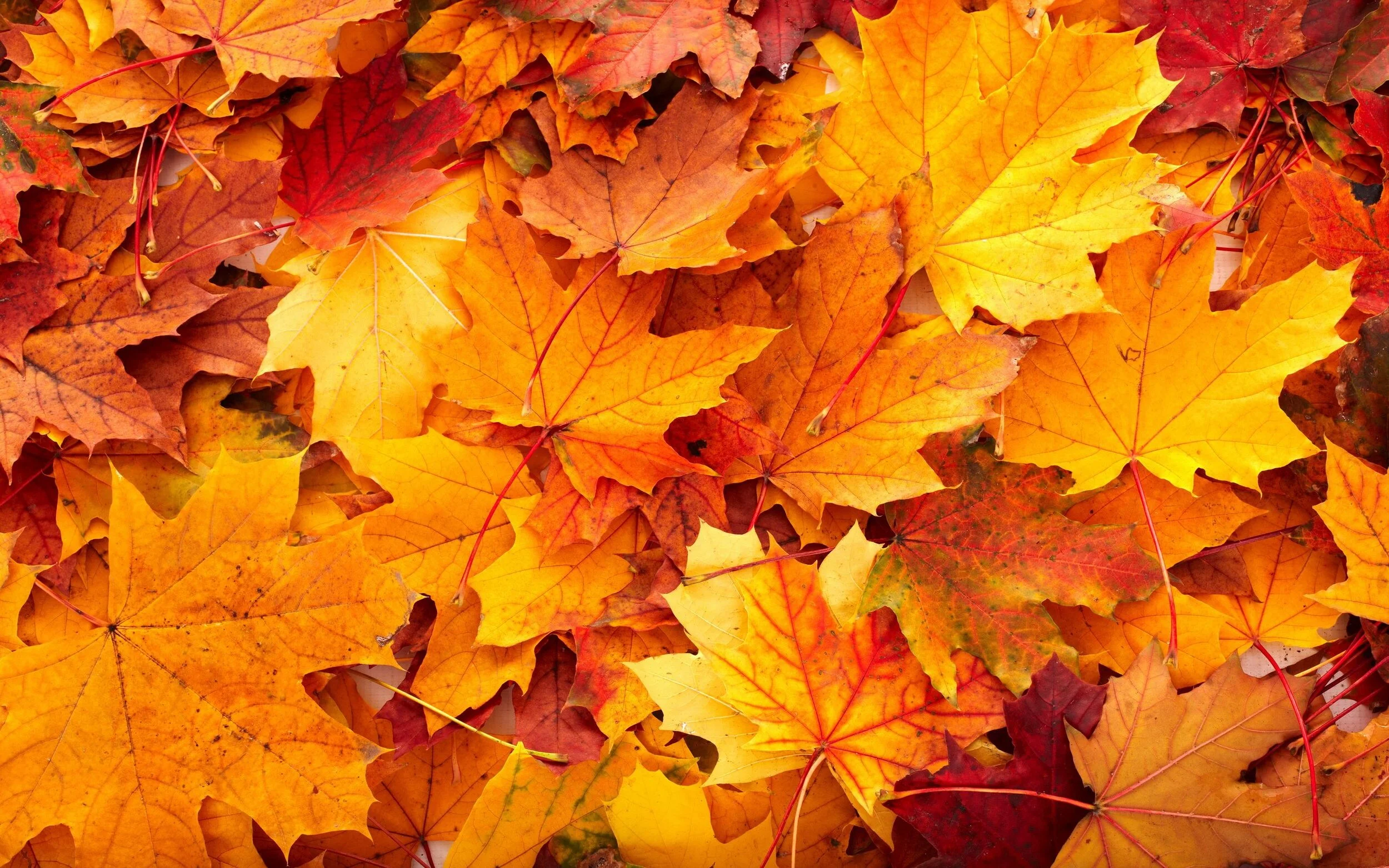“When I get out of prison, I’m gonna….”
I heard a sentence start like that at a Backyard Bible Club of all places. Even more startling than the setting, it came from the mouth of a boy no older than 10.
The church I was part of at the time ran Backyard Bible Clubs every summer in city parks throughout the urban neighborhood where we lived and worshipped. This particular night, as we were playing with the kids, someone asked the classic question, “What do you want to be when you grow up?” The first few answers shouted back contained no surprises given the ages of the kids. But when one kid’s answer started with “When I get out of prison, I’m gonna…” one woman in the group laughed, in a baffled kind of way. She asked, “Why would you go to prison?!” And he looked back at her equally confused.
One of the leaders quickly diverted the conversation, but wisely revisited it with us later, knowing it had surely made an impression on each person, whether that impression was confusion, sadness, or something else. He clarified what some had already realized: it was likely that every adult male this little boy knew had been to prison at some point in their teenage or early adult years. It wasn’t that he wanted to go to prison. Based on his experience of the world, he didn’t realize it was avoidable.
The authors of Becoming Whole identify four primary influences in the process of individual and cultural formation: individual persons, formative practices, environmental and social systems, and a story of change. The story of change is “the community’s understanding, which may be explicit or implicit, of the goal of life and how that goal can be achieved.”
In the case of this little boy, that story involved overcoming the initial setback of prison to achieve some level of success in life.
The night I heard a boy share his dreams by starting with the phrase “when I get out of prison…” it dawned on me that I did not personally know a single person who had ever been to prison. It was a stark reminder of the vast disparity between my life experience and that of this boy and many of my neighbors. But at the time I still lacked the ability to examine the stories of change I grew up with, to examine whether or not they also may have malformed me and my peers in some way.
The subtitle of Becoming Whole is Why the Opposite of Poverty Isn’t the American Dream. As I read the authors’ analysis of the prevailing stories of change in modern America, it helped me to better understand the stories that shaped me. While I remain thankful that I never saw prison as an unavoidable chapter of my life, my surroundings did not create perfect virtue either. The highly competitive academic environments where I received schooling formed many students who were as adept at cheating as they were math or foreign languages. By college, most of my peers didn’t question the narrative that success was defined by one thing: the accumulation of material wealth for the sake of personal enjoyment.
The book also made me think historically about the stories that have shaped human experience. Perhaps the most obvious example across time and culture is the way the value of women has been minimized to their child-bearing capability.
The authors of Becoming Whole define personal wholeness in four dimensions of relationship: a person’s relationship to 1) God, 2) him/herself, 3) other people, and 4) creation. Taking all these dimensions into account, we will almost always find them lacking in some way as we examine stories of change. It would be worthwhile for each of us to examine the story of change that drives our own lives, as well as the stories of those around us that may shape us more than we realize. But even as we engage cross-culturally, with people whose backgrounds and stories of change may be totally different than our own, the framework offered in Becoming Whole is incredibly helpful because it gives us a point of comparison beyond our own experience.
As we begin our time together studying this helpful book, I look forward to hearing others process their own stories of change and how they may have formed us in ways for which we can be thankful, and also in ways for which we can repent.

